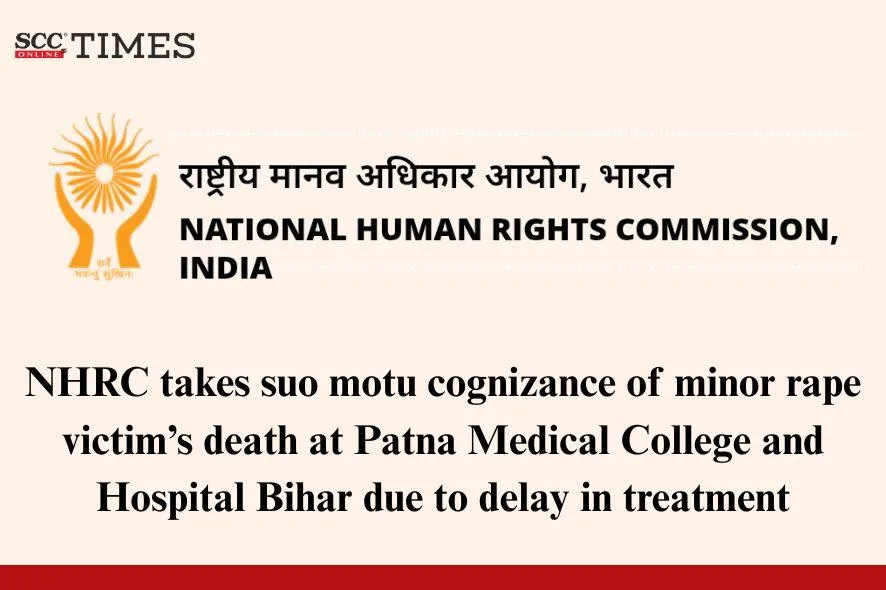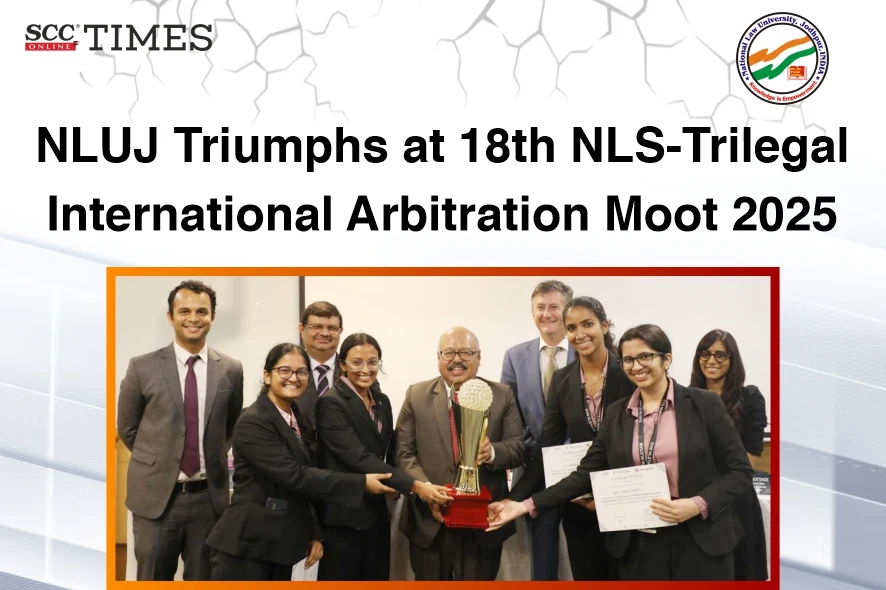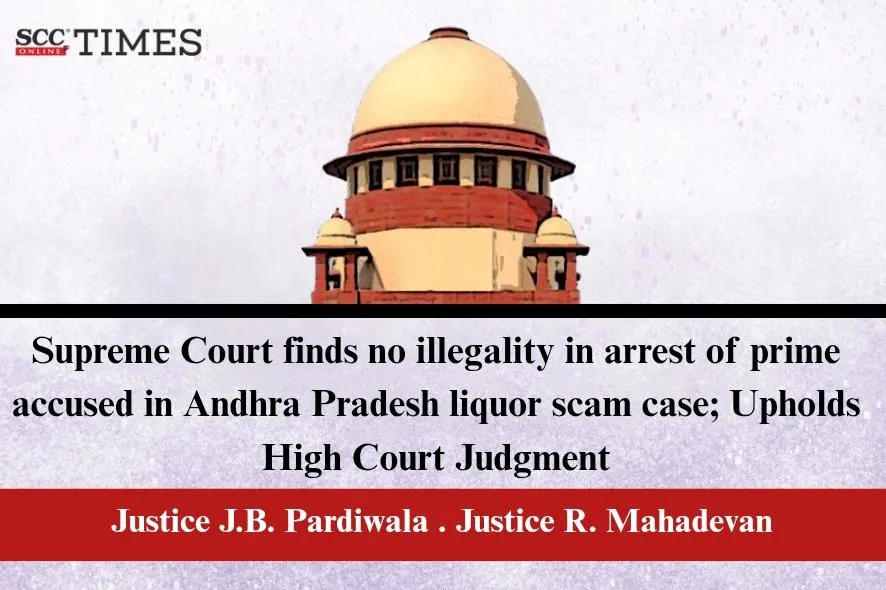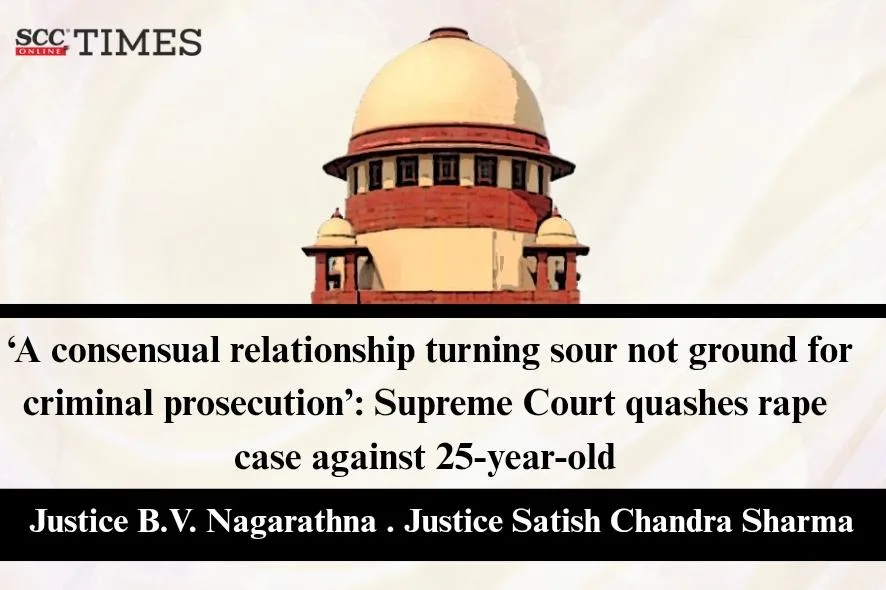High Court of Kerala: Deciding the question on whether subsistence of matrimonial relationship is a sine-qua-non for seeking reliefs under Sections 18 and 20 of the Protection of Women from Domestic Violence, 2005 (D.V. Act), the Bench of Sunil Thomas, J. ruled that even a divorced wife is entitled to initiate proceedings under Sections 18, 19, 20, 21 and 22 of the D.V. Act to seek appropriate reliefs. It was held that the scope of the DV Act is not confined within the limits of time and space and even after the dissolution such obligations continue.
The Court said that though it may appear to be paradoxical to argue that protection orders can be sought even after separation of spouses, such a cause of action may not be rare, which arises subsequent to the divorce, but relatable to the earlier matrimonial relationship. It is not unusual that even after divorce, certain obligations arising from past matrimonial relationship continue, like, maintenance, custody of children, liability to pay amounts or assets received, operation of bank accounts and personal safety of divorced wife and children born in the wedlock. It will be illogical and absurd to hold that the moment of divorce is granted, scope of protection order also ceases.
In the present case, the petitioner’s wife and child sought maintenance under Sections 18 and 20, after their divorce in May 2015, invoking Section 13-B of the Hindu Marriage Act. The reliefs sought were a protection order against domestic violence, return of gold ornaments and passport of the respondent. The petitioner sought to quash the above proceedings in lieu of the specific, categoric agreement that they had entered into that the wife will not claim ornaments, money or maintenance against the husband in future and also that the reliefs can be sought only during the subsistence of the marriage and that the marriage had been brought to an end legally and factually.
The Court rejecting the petitioner’s contention, held that contracting out of the statutory rights conferred on the wife under Sections 19 to 22 of D.V. Act is against public policy and hence cannot be recognized, unless it is proved that there was a mutually satisfactory settlement of all claims. The Court, hence rejected the contention of the petitioner and held that the reliefs sought is not maintainable and that the legally divorced wife has a locus standi during her entire life-time. [Bipin v. Meera D.S., 2016 SCC OnLine Ker 19559, decided on 13.10.2016]











